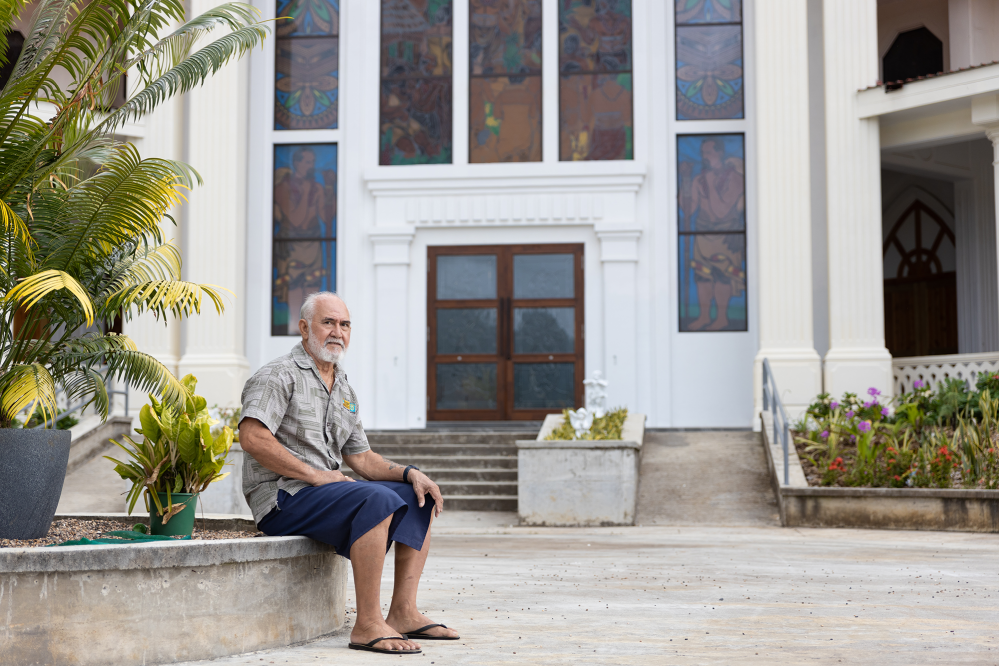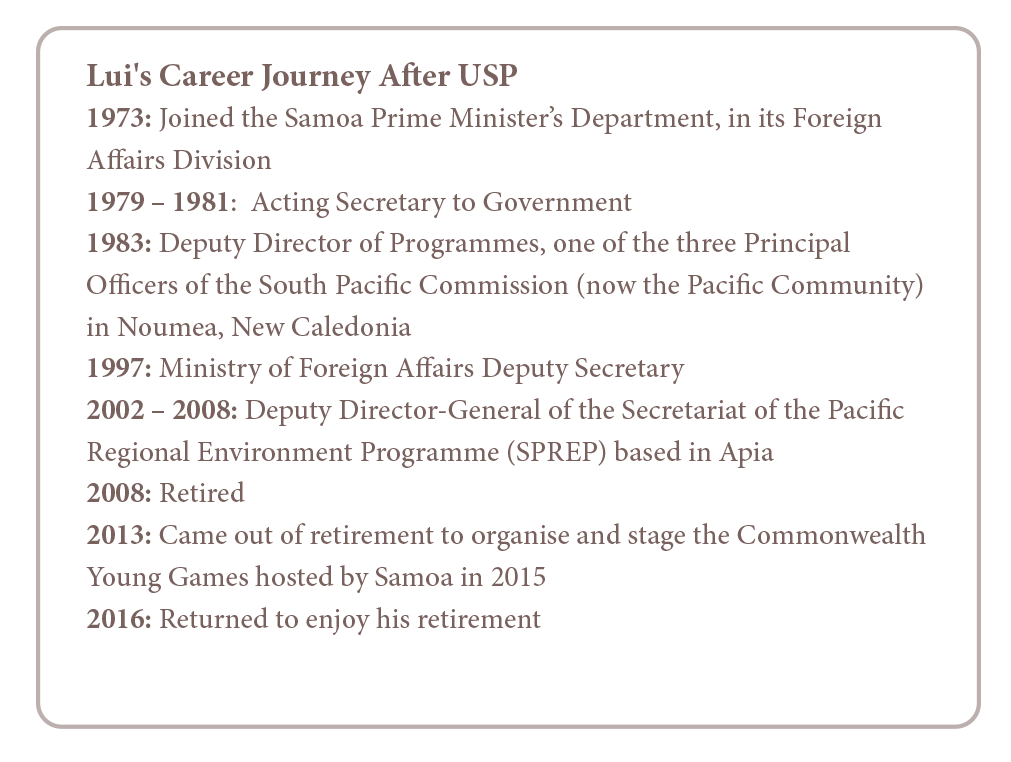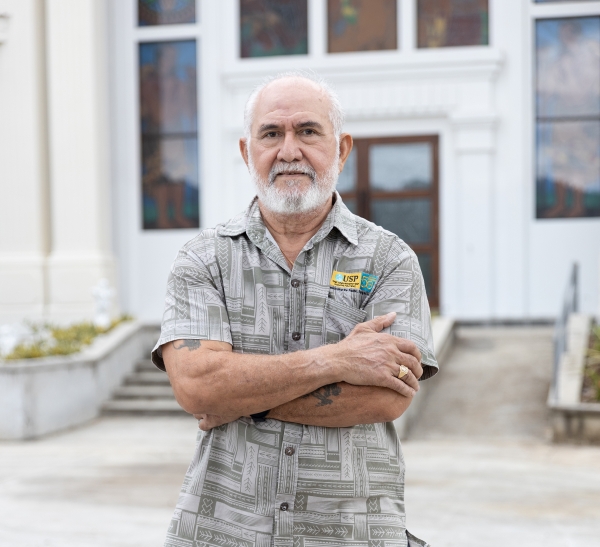
A diamond in the rough, Lui’s life journey polished by determination
Born into a poor, struggling family in a small village along the northern coast of Savai’i, the biggest island of the Samoa archipelago, on June 9, 1950, Felise Vitolio Lui, like many who grew up in his community then, faced a very bleak future with few prospects.
Lui recalled that many born in that period were raised by the struggles of their parents who worked tirelessly to put their children through school, as education was relatively new and a way of securing a better future. The same was seen in Lui’s parents’ endeavours.
“My parents, soon after, moved to Apia so that my father could find paid work to support the family and educate us – the children. Both my parents had only basic formal education such that they were barely numerate and literate. They can count, read and write Samoan only.”
His parents’ perseverance and dedication to providing a better life for their children ensured Lui started his primary education at the Catholic Marist Brothers’ School at Mulivai, Apia, in 1957 until 1965, before he progressed to secondary study. He continued his studies at St. Joseph’s College, also run by the Marist Brothers, on the outskirts of Apia, from 1966 to 1969.
During his secondary school years, he participated in various projects and activities, one of which was a project in 1966 that contributed to the improvement of their school: “a block of modern flush toilets to replace the vintage pit latrine of the early days.”
“For millennials who have never sat on one of these, it comprised of a basic wooden shelter mounted over a 10-feet long pit fitted with a long bench with six circular holes on which to sit and ‘do your business’. It was the most popular spot, particularly in the mornings, to dodge the ‘homework’ check and for smokers of the school.”
In his final two years at Saint Joseph’s, Lui attained the New Zealand School and NZ University Entrance certificates. Based on these results, he was awarded a government scholarship in 1970 to pursue further education at The University of the South Pacific (USP), which had just been established two years prior.
It was during this period that tragedy befell his family as Lui’s father, who worked as a casual labourer for their livelihood, passed on “just as I was being awarded a scholarship to study abroad.”
The now 73-year-old recalls that “In our days, the first year of study at USP involved taking the Foundation Year, Preliminary II for those who have attained NZUE or Preliminary I for those with only NZ School Certificate.”
He pursued Preliminary II in 1970 before he started his Bachelor’s in Economics and Public Administration from 1971 to 1973 and was the first Samoa Scholarship student to graduate from the then newly established regional university, USP, with two of his compatriots, Marist Sisters Bertha Adams and Emanuella Betham, who completed their studies as private adult students.
“In recognition of my academic performance, USP awarded me the New Zealand Institute of Chartered Secretaries prize. However, I graduated in absentia, as I didn’t want to wait another three weeks for the ceremony because by then, I had a wife, a fellow Samoan scholarship student, and a baby waiting for me here in Samoa.”
He said, “Studying in USP was fun as we had a number of geography field trips to the Rewa agricultural area, exposing us to Fiji, ordinary Fijians in their natural environment, enabling me to see how we are similar and different and bear witness to their lives and experience.”
“I also studied at the height of the anti-colonial era when the developing world, including the Pacific Islands, was decolonising. For the Pacific Islands, only Samoa had attained independence. I, amongst my other Pacific Island students, felt this intensely, emphasising developing countries’ issues and among students from other nations struggling to be free, USP was the right place to be.”
As a regional institute, USP holds a special place in his life as it was where he met his wife.
“Our children seemed to have USP DNA in their systems. When our children had grown up a bit and my wife, Ruby Janola, could work, she joined the USP Alafua campus in 1988 to work in the Accounts Division until she retired 30 years later, in 2018.”
Reflecting on his journey at USP, Lui added that the University “has served me, my generation, and the Pacific region well thus far.”
“My son, Karras Harre Lui, daughters Lita Eki Lui, Muriel Theresa Lui, Tamara Utulei C. Lui, my son-in-law Etuale Junior Ioane and grandson Kendrick Lui have all studied at USP”, and they all hold reputable positions in Samoa’s Government and private sector.

 |
 |